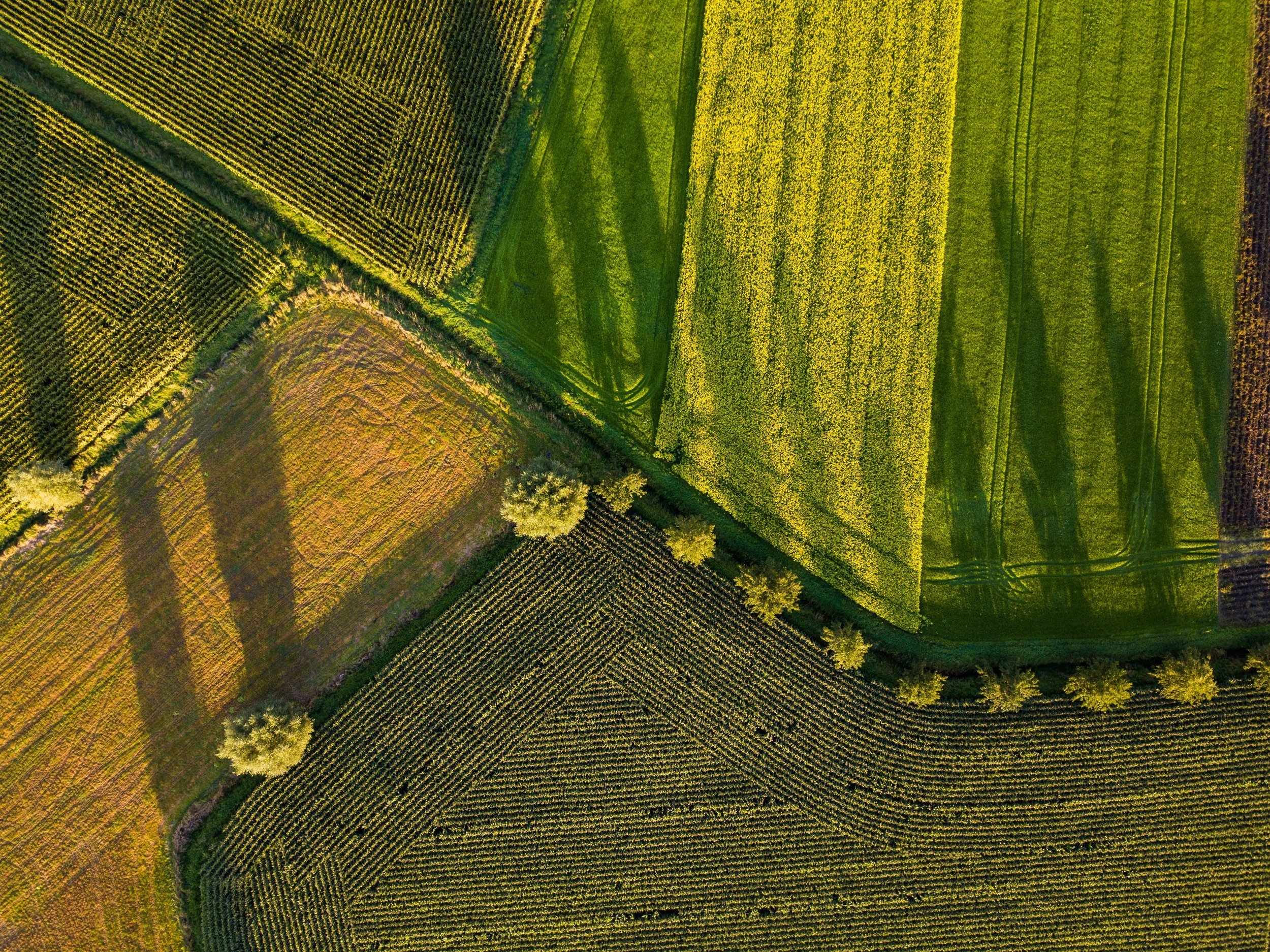
sustainable food & Water

Evolving how food and water are produced, consumed and distributed to meet current and future needs, while remediating ecological systems.
IMPACT PROBLEM / OPPORTUNITY
34%
of global emissions come from food systems
40%
of total habitable land is used by agriculture
70%
of global freshwater is used for irrigation
INVESTING IN
Companies that innovate and decarbonize agricultural practices and food supply chains through efficient transportation, extending shelf life, and enhancing natural carbon sinks. Technologies that accelerate the adoption of regenerative agriculture and sustainable protein sources and that optimize water use and treatment.
KEY FOCUS AREAS
/ Transition to regenerative agriculture
/ Move to sustainable protein sources
/ Reduce food waste
/ Optimize water use and treatment


